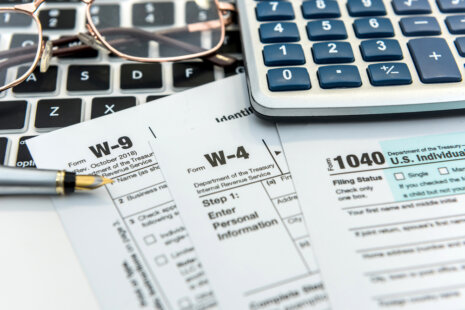Customers can be broadly categorized into two types based on their purchasing behavior and relationship with the company.
These two types are…
1. Consumer Customers – Consumer customers are individuals or households who purchase goods or services for their personal use or consumption. These customers may buy products such as groceries, clothing, electronics, or entertainment services like movie tickets or streaming subscriptions. Consumer customers make purchasing decisions based on personal preferences, needs, and budget constraints. They typically engage in transactions directly with businesses through retail outlets, online platforms, or other channels.
2. Business Customers (or B2B Customers) – Business customers, also known as business-to-business (B2B) customers, are organizations or companies that purchase goods or services for their use or resale to other businesses or consumers. Business customers can include corporations, government agencies, educational institutions, non-profit organizations, and other entities. They buy products and services to support their operations, and manufacturing processes, or to offer to their customers. Business customers often engage in more complex purchasing processes involving negotiations, contracts, and long-term relationships with suppliers or vendors.
These two types of customers have distinct characteristics, needs, and buying behaviors, which require different marketing approaches, sales strategies, and customer service approaches. Understanding the differences between consumer customers and business customers is essential for businesses to effectively target and serve their respective customer segments and maximize their success in the marketplace.




